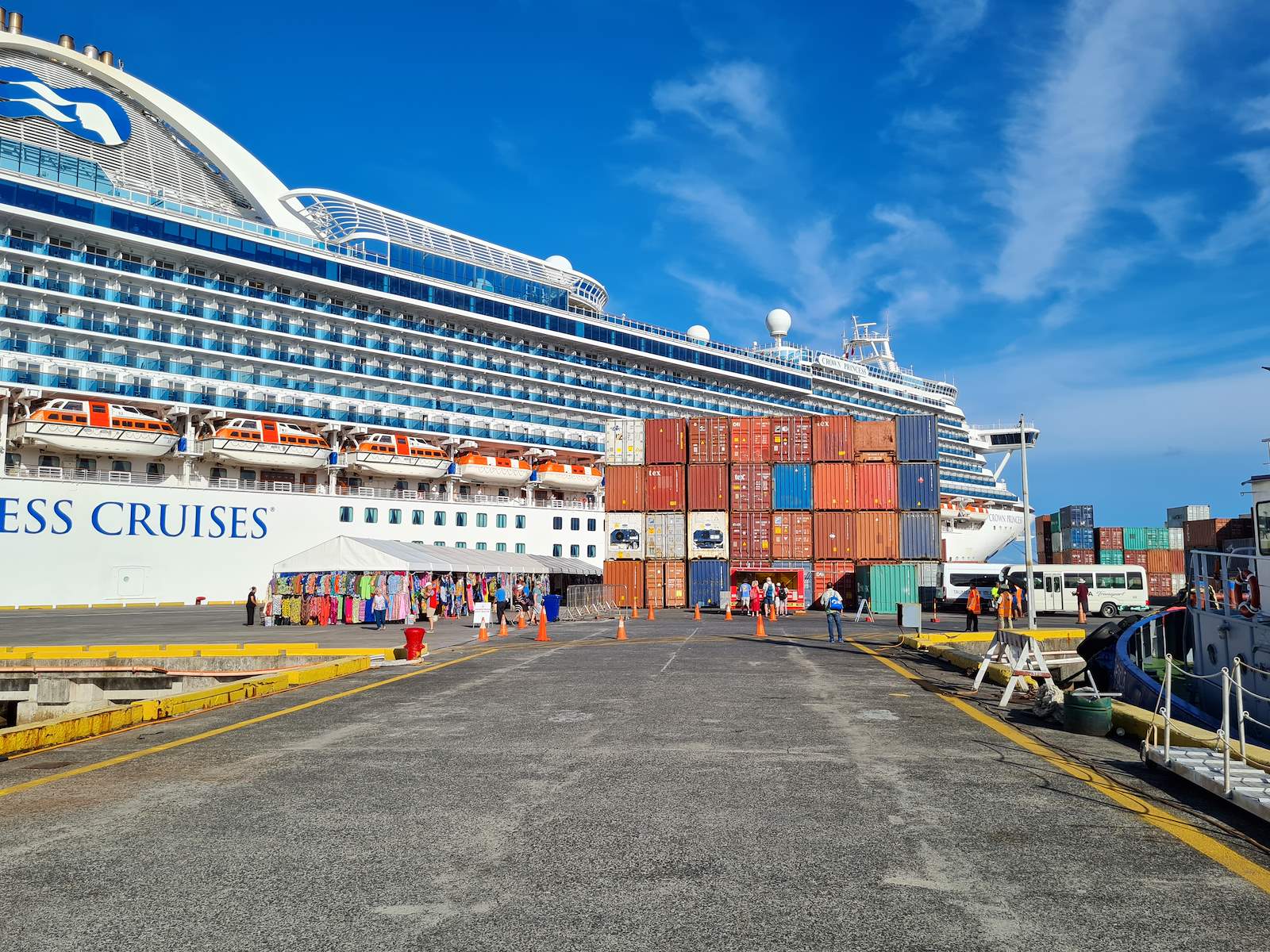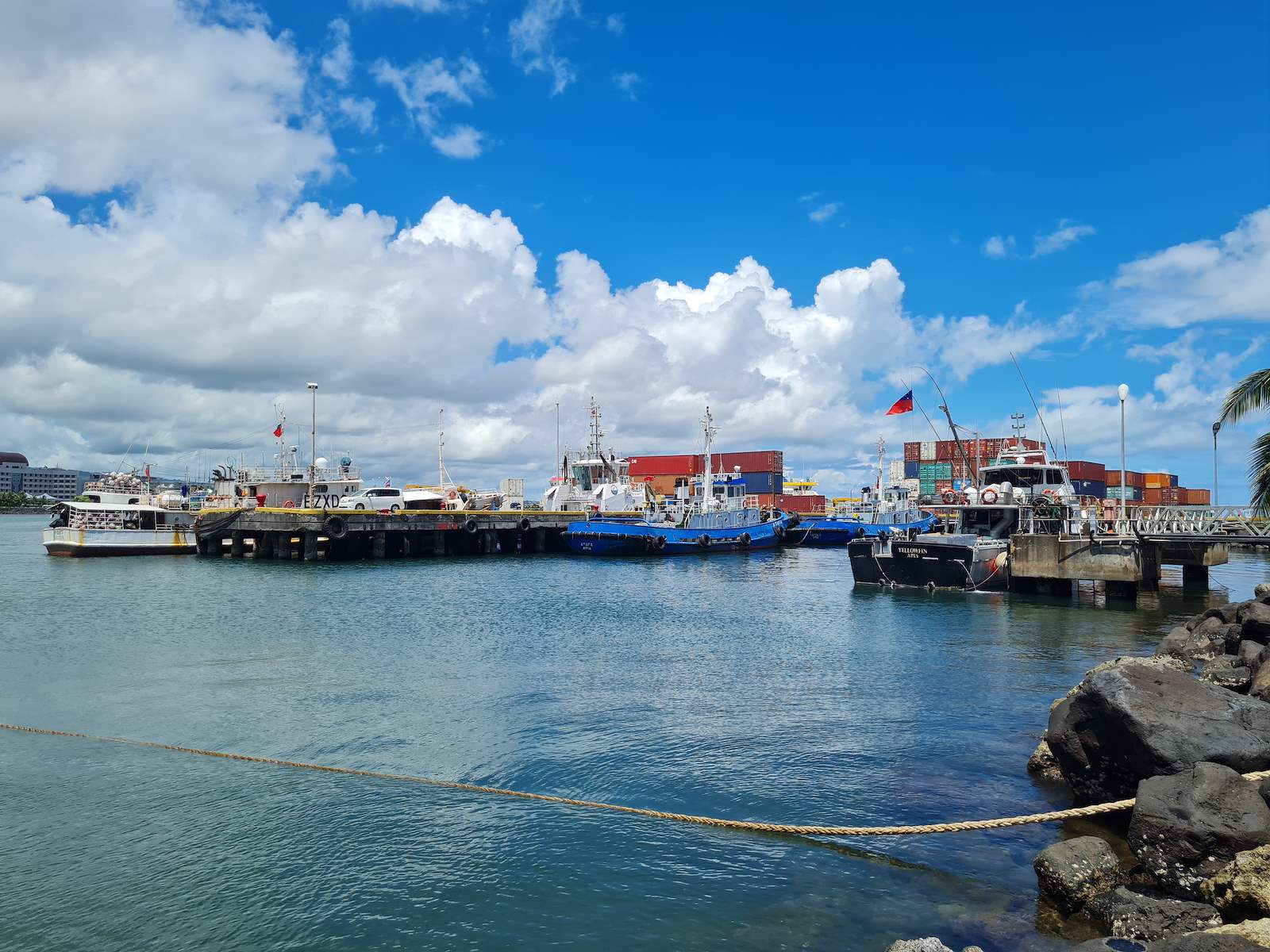Background
The Project aims to improve the climate resilience, safety and efficiency of SPA's ports through the simplification and streamlining of relevant physical and non‐physical components of the Port’s operation. A green port policy (GPP), alongside green port initiatives (GPIs) will be developed to promote environmentally sustainable practices and optimise operational and energy efficiency for the Samoa Ports Authority (SPA). Enhancing opportunities for women is also a key element of this Project, with gender initiatives to be developed to ensure that as a ‘Green Port’, SPA's ports are also gender equal ports.

The GPP and GPIs have been developed based on an audit of SPA’s performance against green port indicators based on international best practice and maritime conventions ratified by Samoa. This included gender analyses to ensure that the initiatives identified enhance opportunities for participation by women, and address any impacts of port operations on women. As the Project progresses, it will provide training opportunities for state‐of‐the‐art operations and environmental management practices. Key to this will be development of a Green Port Practice Manual (GPPM) to assist with day-to-day operations.
Also key to the Project is the development of a Multi-Hazard Disaster Preparedness Plan (MHDPP) which will run in parallel with the development of the GPP, GPPM and GPIs. Disaster preparedness is crucial for the safety of SPA's ports as well as business continuity and sustainability.
The Project has three key themes, for SPA's ports to be:
(i) 'green' ports
(ii) prepared for disasters from multiple hazards
(iii) gender equal

Note: Whilst this Project was initially intended to focus on Apia Port, the focus is now on all of SPA's ports. Any reference to Apia Port should therefore be read in the context of how it could also apply to SPA's other ports.